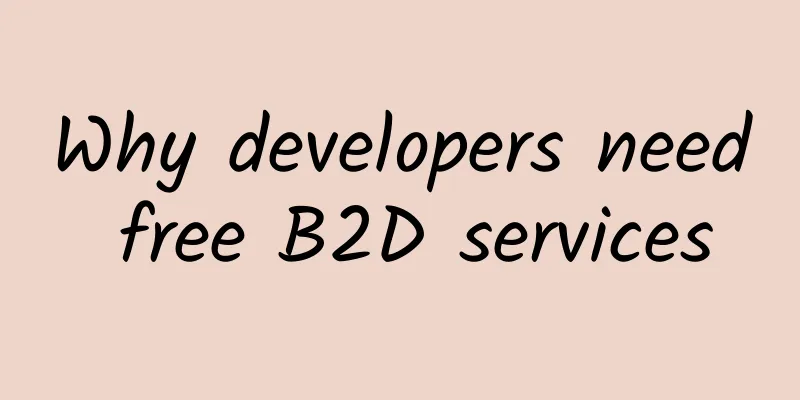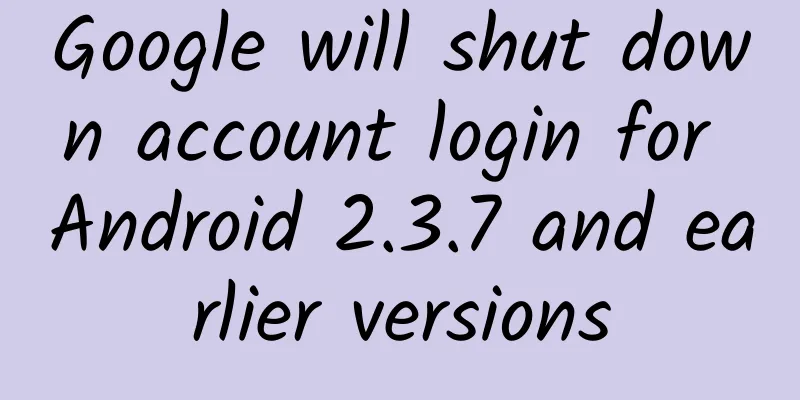Which is better, Android or iOS? Five must-see battles for consumers

|
Android or iOS (Windows Phone can be almost ignored, sorry to those who are in the WP camp)? Every time people change their phones, they always think about this question. Those who are tired of Android always want to try iOS, and there are also many Android early adopters in the iOS camp. But before deciding which camp to join, you might as well look at the differences between the two camps from the following five points of features!
1. Function and operation
Specifically, Google focuses on cloud services, so you can easily use Google's multiple services on any device. Apple focuses on the interaction between devices, such as iPhone, Mac, and Apple TV. Apple products interact well with each other, which makes it difficult for Apple consumers to use devices other than Apple. This is also the high interaction ability of iOS devices.
Among them, Android N's major upgrades focus on security, while also improving the application capabilities of multiple working windows, and of course DayDream for VR. Similar to iOS 10, Android N naturally also makes improvements in performance. |
<<: The Internet of Things is bringing new business models to the wholesale industry
>>: Losing both hardware and software: Why is Apple's licensing of operating systems a "dirty move"?
Recommend
Android advanced immersive status bar principle and usage detailed explanation
[[416377]] This article is reprinted from the WeC...
Huawei's creation of Hongmeng should not be praised in a flattering way
Recently, Huawei's Hongmeng system has become...
Set five world records! See the super "wisdom" behind the Shenzhen-Zhongshan Bridge
Editor's Note Millions of IPs create science ...
To build a personal brand on Douyin, you need to do these 5 things well!
The author of this article once created a video o...
Incentive videos: the new dark horse of Internet advertising!
In a sense, advertisements all have varying degre...
Halfway through 2021, have internet celebrity brands collectively “collapsed”?
The excitement in the new consumer track reached ...
How much does it cost to be an agent of Guyuan Commerce Mini Program? What is the price quote for Guyuan Commerce Mini Program agent?
How much does it cost to be a Guyuan agent for a ...
Xiaohongshu is back on the shelves, how to carry out promotion?
After 77 days since the Xiaohongshu APP was taken...
iOS WeChat updated to version 8.0.2: Pull down the page to restore the entry of my mini program
After checking, the iOS version of WeChat has bee...
Competitive product analysis report: Douyu VS Huya
Live streaming is a carnival for a group of lonel...
The difference between mobile Internet App marketing and traditional marketing
The content of the communication is different fro...
"One bite makes your neck stretch two miles!" This kind of yogurt has become very popular recently, but two types of people should be careful when eating it!
Recently, there has been a trend of "dry yog...
Offline operation promotion: 28 ways to attract new customers!
Today I will introduce to you offline methods of ...
Roasted oranges are good for relieving cough and reducing phlegm? Oranges are full of treasures
Science Fiction Network, December 20th: Recently,...
The GAC Toyota C-HR with a high appearance and a price of around RMB 100,000 is enough to make the Kicks Binzhi tremble
Since the birth of Toyota's TNGA platform, ou...









